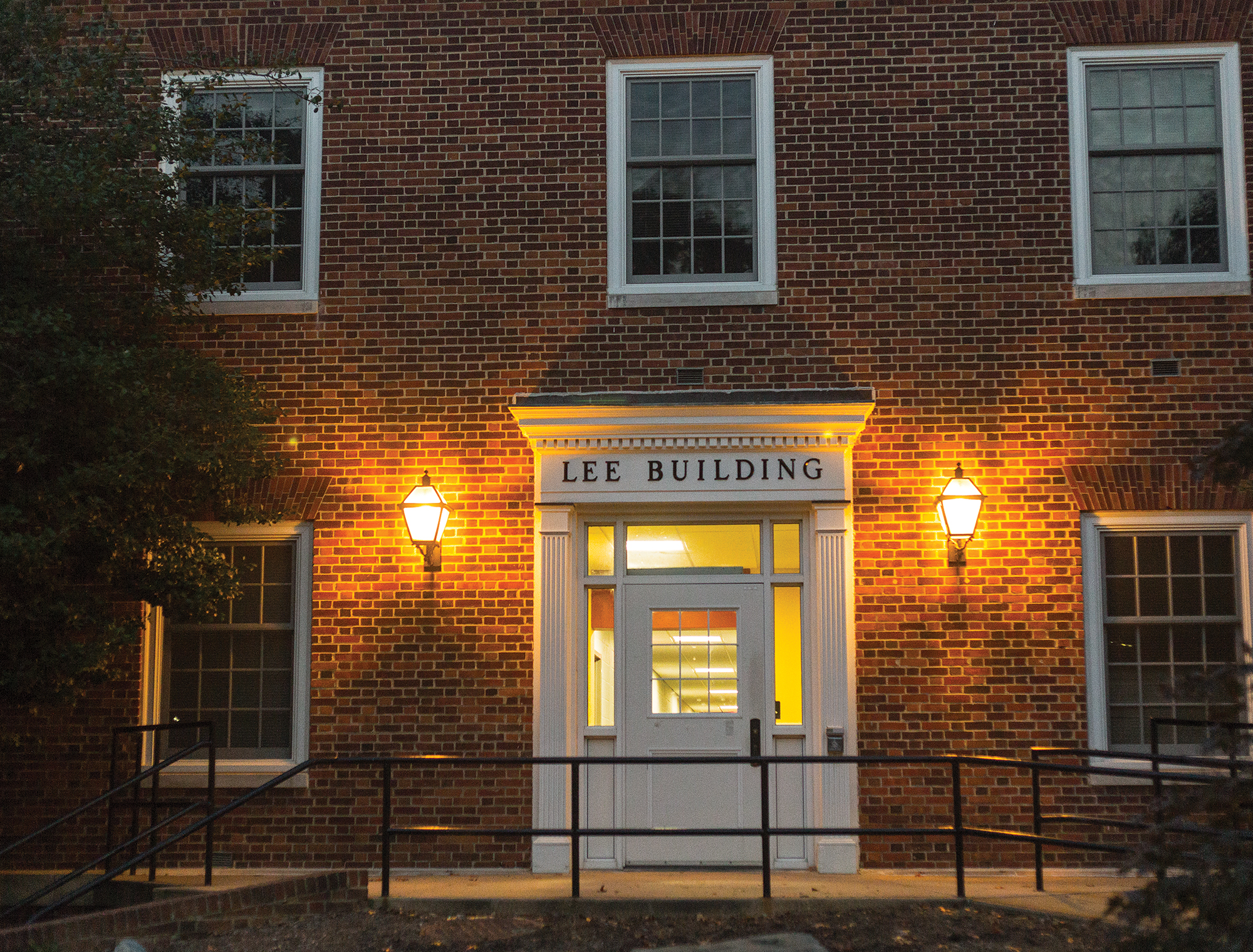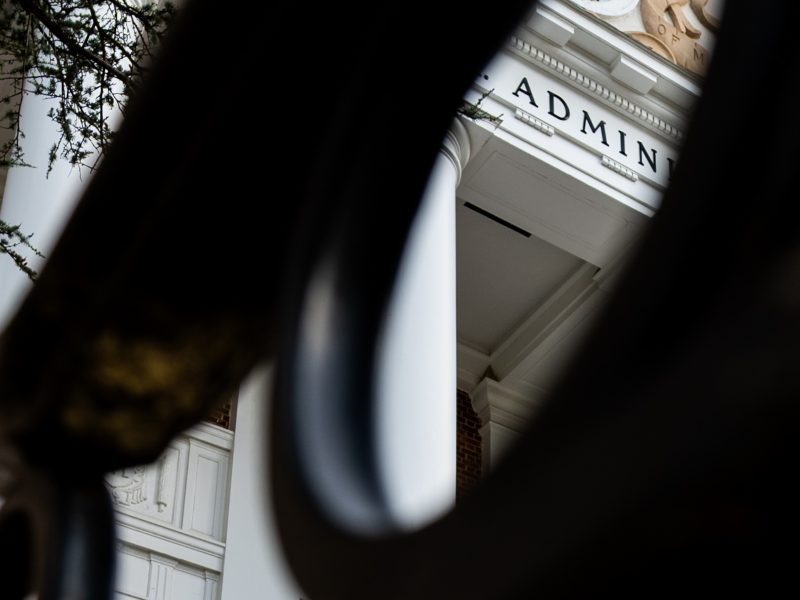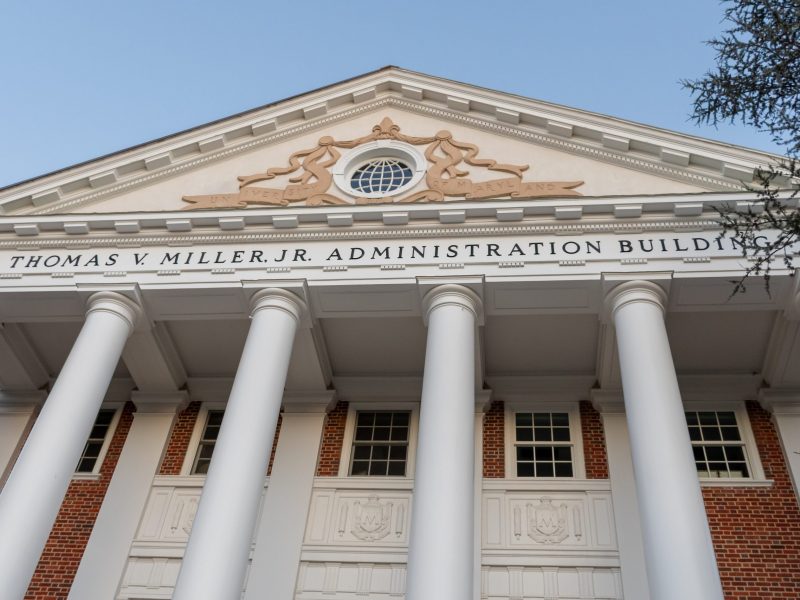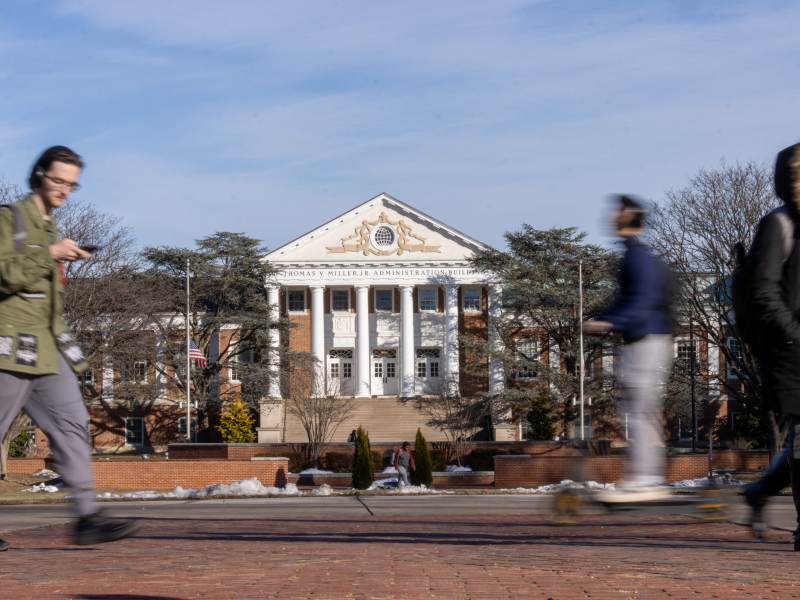Views expressed in opinion columns are the author’s own.
In the last few weeks, universities across the country have started to reopen, bringing undergraduate students back to live on their campuses and attend in-person classes. So far, these examples suggest campuses should not be reopened. Students have gathered in large numbers at parties, flaunting state and university restrictions, resulting in massive clusters of cases. After 102 positive cases in a single day, the University of Notre Dame moved all classes online temporarily; now, after more than 500 positive cases, the school is returning to in-person instruction. Similarly, the University of North Carolina at Chapel Hill has moved online for the rest of the semester after at least 177 positive cases in just one week.
Although the University of Maryland delayed in-person classes by two weeks, university President Darryll Pines announced Thursday that the campus will reopen as planned on Monday, despite the evidence that this may endanger student, staff and faculty health. Furthermore, while most undergraduate students can choose whether to return to the campus and expose themselves to the risks of COVID-19, many graduate students with on-campus teaching assistantships do not have a choice.
A lack of specific top-down guidance from university administrators for graduate instructors is leaving them vulnerable to the worst effects of this crisis. The patchwork policy between departments leaves gaps in safety protocols, and there’s a complete lack of contingency plans for sick teaching assistants. Some departments have gone to great lengths to guarantee funding and remote teaching for all of their graduate students, while others are forcing graduate students to teach in-person to maintain their assistantships. The fact that the university isn’t stepping in to ensure basic standards for all graduate students, regardless of the wealth of their department, is extremely concerning.
While the university has enacted strict social distancing and mask policies to protect the community, there are still some safety issues. Specifically, in the case of teaching assistants, graduate students often work side-by-side with undergraduates in lab sections, adjusting equipment and fixing experimental setups. Due to the close proximity and shared surfaces involved in this activity, a single slip-up in protocol can easily lead to infection. Even if these safety protocols are 100 percent effective, graduate instructors will ultimately be the main enforcers, potentially on unwilling (or even hostile) undergraduate students.
It’s worth noting that graduate assistants have not received any university-wide surveys regarding their willingness to teach in-person. Undergraduate students have been surveyed to determine their willingness to return to the campus. Professors have been consulted about their willingness to teach online or blended classes. But what about the graduate students who actually teach small lab sections, many of which are key course requirements for undergraduates? Somehow these classes are essential, but the employees teaching them are not.
Pines mentioned in a recent email that “some members of our community will test positive for COVID-19.” What he fails to address is that some of those people may die of COVID-19. Those infected will likely be class instructors and teaching assistants, as they will have to be in contact with large groups of people several times a week. Even though the university is facing a large financial shortfall, and online classes are generally inferior to in-person instruction, we believe these excuses are not acceptable to put hundreds of lives at risk.
If the university wishes to continue with the plan to resume in-person education, every TA must be allowed to opt out of teaching in person without losing financial support, and medical costs must be covered if a student contracts COVID-19 while teaching on the campus. If these two basic needs cannot be met, the university has no option but to close the campus until this pandemic is under control. An undergraduate will survive without performing an acid-base titration this semester — we may not survive teaching it.
Aditi Dubey is an entomology graduate student. She can be reached at aditid@umd.edu.
Liz Friedman is a physics graduate student. She can be reached at efried@terpmail.umd.edu.
Shantam Ravan is a physics graduate student. He can be reached at smravan@umd.edu.
Darsy Smith is an entomology graduate student. She can be reached at dsmith28@umd.edu.
CORRECTION: A previous version of this column incorrectly stated that graduate assistants haven’t received any direct communication from university officials about teaching in-person. This column has been updated.



